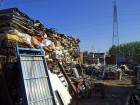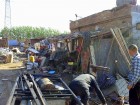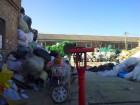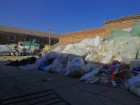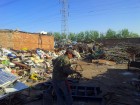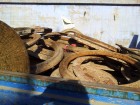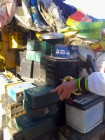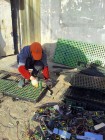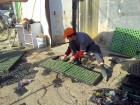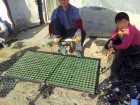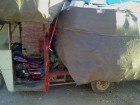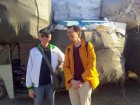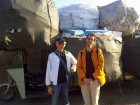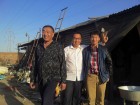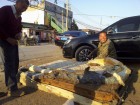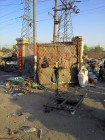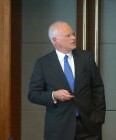The Third Beijing Environment and Sustainability Fair took place on 28 June 2014 from 10:00 to 17:00 at the Hilton Beijing Hotel (Liangma Qiao). The First Beijing Environment and Sustainability Fair event was held on 15 June 2013 and was an overwhelming success. The Second Beijing Environment and Sustainability Fair event was held on 9 November 2013 and was even better than the first one.
There is a growing demand for green products in China and new companies are regularly being formed in order to serve the ever growing need of this market. The Environment and Sustainability Fair is a perfect occasion to promote environmentally friendly values and products.
Entrance was free for everyone.
The event was organized and promoted through the FCGroup and its sponsors.
I decided to participate too, for the fun, selling my book “Toxic Capitalism” and to promote Rotaract. It was also a nice way to meet friends who came by for a chat.
See also:
http://fcgroup.org/slideshow/nggallery/june-2014/june-28-enviromental-fair
A busy day as the same evening I went to the concert of Akon… Another great and different experience.


















